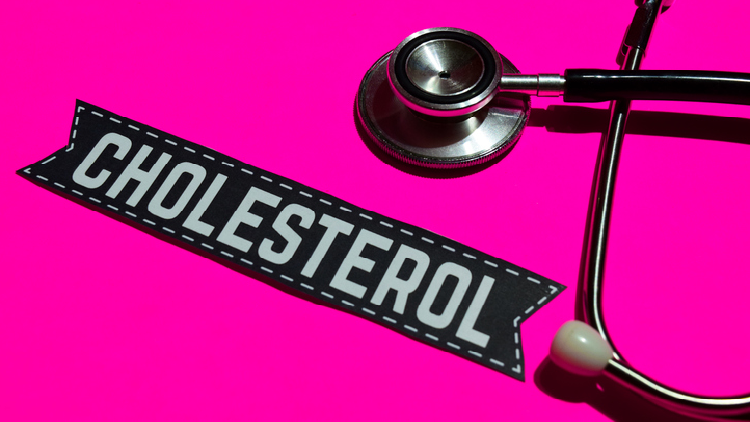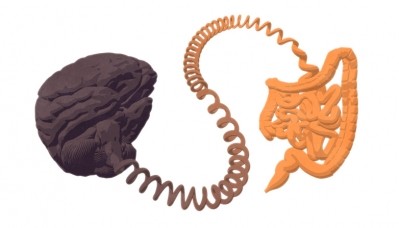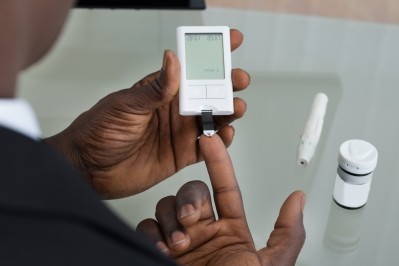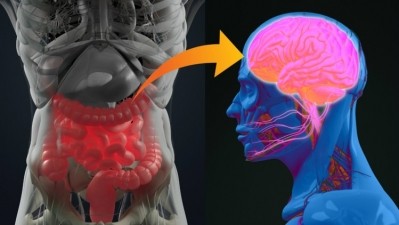Probiotics intake boosts post-meal lipid metabolism – Korean RCT

The probiotic LPQ180 is a a plant-derived lactic acid bacterium isolated from adult faeces and obtained from Korean firm CKD Bio.
Findings of the 12-week trial were published in the scientific journal Nutrients. It is also the first trial to assess the effects of LPQ180 on human health.
Previous studies showed that LPQ180 can control fat cells levels by reducing the gene expression of C/EBPα and PPARγ – two proteins which are responsible for adipocytes (fat cells) formation.
In this trial, 70 participants aged 20 and above with healthy blood triglyceride but slightly higher fasting triglyceride level (below 200mg/dL) were randomised into two groups.
The experiment group took two 400mg capsules of LPQ180 each day, while the placebo group took two capsules of maltodextrin which did not contain any probiotics.
Results showed that consuming LPQ180 for 12 weeks can reduce major lipid markers in blood plasma, including a lower LDL-cholesterol level and a lower apolipoprotein B level.
Post-meal blood levels of other lipid markers such as triglycerides was also significantly decreased in the LPQ180 group compared to those in the placebo group.
For example, the post-meal lipid levels in the experiment group was −4171 ± 4049 mg min / dL in the first six hours post-meal while that of the placebo was 11,714 ± 3808 mg min / dL.
Also in the first six hours, the level of apolipoprotein B was lower in the experiment group at −11,442 ± 4776 ng min / mL and higher at 10,212 ± 4492 ng min / mL for the placebo group.
Mechanisms
LPQ180 was able to lower lipid levels by reducing the amount of Eggerthella spp, a bacterium which is linked to higher blood triglyceride levels and a reduction in HDL-cholesterol.
However, other than this, the researchers acknowledged that LPQ180 did not exert any other significant effect on the gut microflora diversity.
‘Therefore, the present results suggest that intake of LPQ180 may help improve blood lipids by reducing levels of Eggerthella spp,’ the researchers said.
The effects of LPQ180 on post-meal lipid metabolism was especially significant in subjects with a certain gut microflora, for instance, those with a higher level of enteric bacteria such as R. bromii, K. alysoides, B. intestinihominis, and F. plautii.
To further validate the above claim, the researchers suggested future studies to especially involve individuals with a higher baseline levels of these enteric bacteria.
Source: Nutrients
Effects of Lactobacillus plantarum Q180 on Postprandial Lipid Levels and Intestinal Environment: A Double-Blind, Randomized, Placebo-Controlled, Parallel Trial
DOI: https://doi.org/10.3390/nu12010255
Authors: Ye Eun Park, et al
















